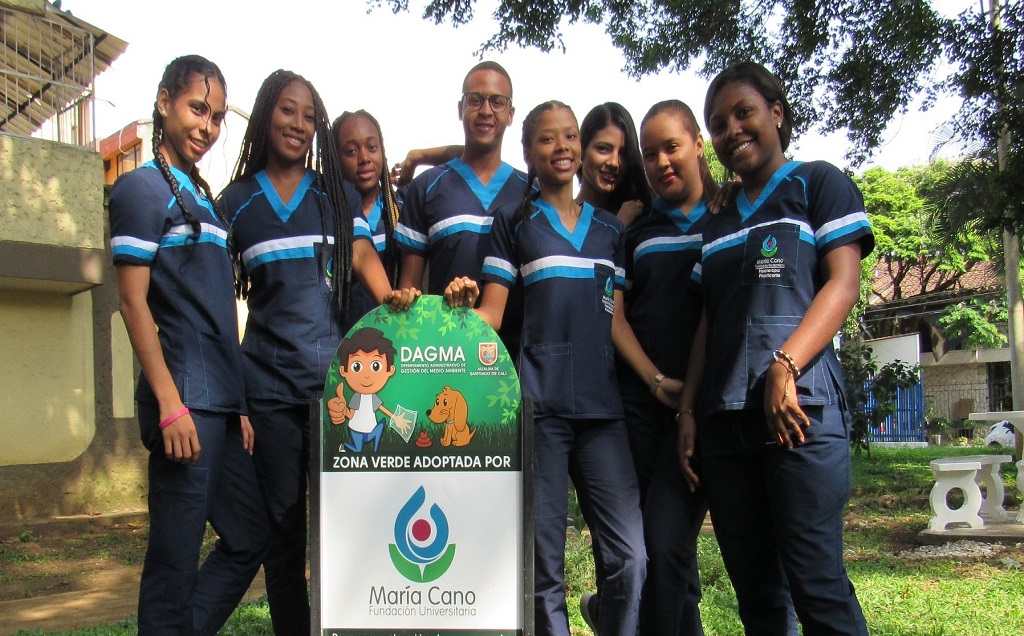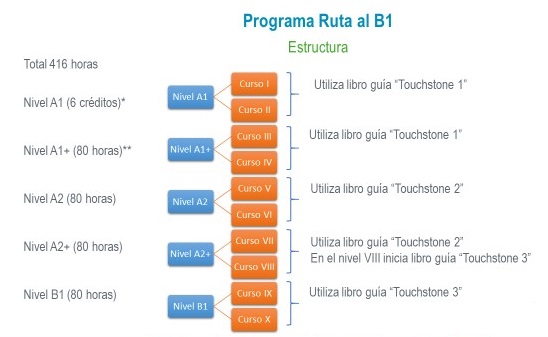The Language Center
The language center of Maria Cano University Foundation is created as response to the global need regarding the acquisition of competences in a foreign language, aiming at an ideal performance at a social, political, economic, cultural and personal level of our students. This initiative is led and operated by the institution´s Language Center, which is part of the International Relations office, given the relevance of bilingualism and intercultural exchange established in the policy of internationalization, accord 057, 2017.
Consequently, our labor strives for an integral formation in relation to the different levels of competence according to the Common European Framework, referenced for language teaching, learning and assessment. This endeavor fosters processes of English teaching and learning as a second language, through a communicative methodology aligned to international standards. Thus, facilitating educational spaces with the highest quality for all our student community. Currently, the language center offers two formation alternatives.


